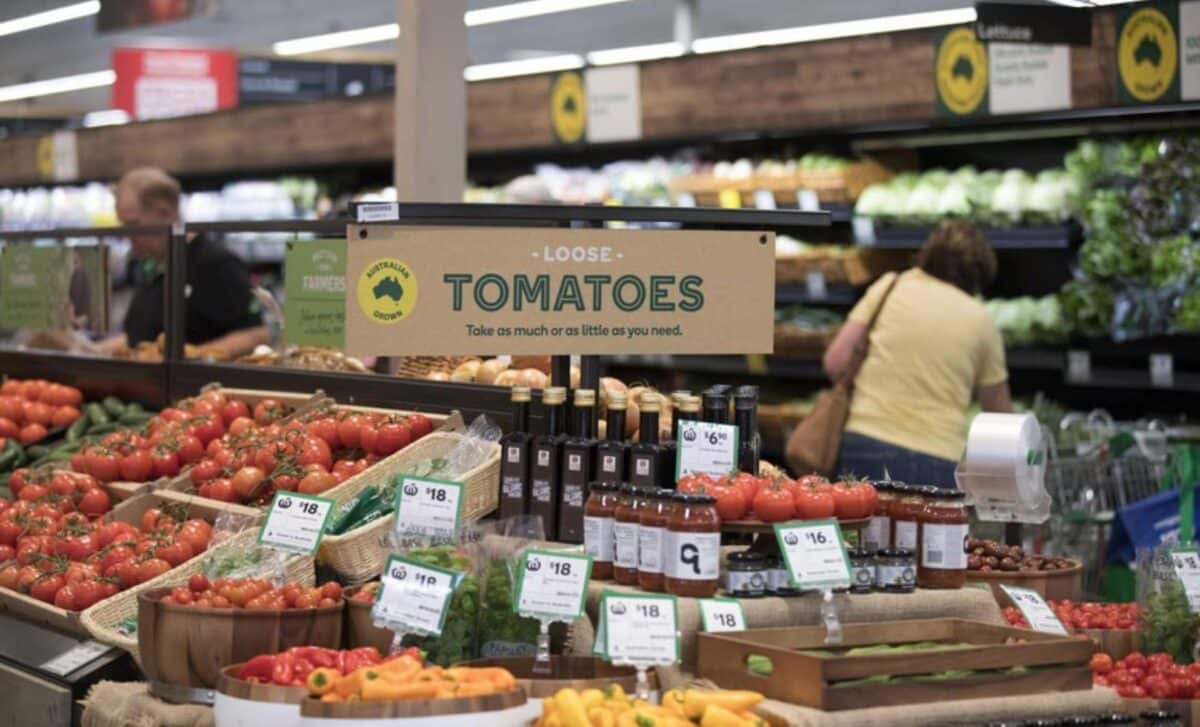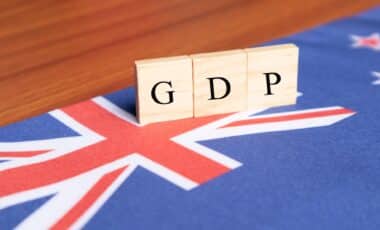With cost of living pressures weighing heavily on Australian households, the federal government has unveiled its first election pledge: a crackdown on supermarket price gouging.
Prime Minister Anthony Albanese criticised current pricing practices, accusing retailers of “taking the piss” out of consumers and indicating a firmer approach to how supermarkets set their prices.
The plan centres on the creation of a taskforce comprising the Australian Competition and Consumer Commission (ACCC), Treasury, and market experts. Their objective is to define what constitutes unfair pricing and to develop legislative mechanisms that can be implemented before the end of the year.
Current Legislation Allows Price Hikes Driven by Profit
While several competition laws already govern corporate behaviour in Australia, none explicitly prevent businesses from setting high prices if they do so legally. According to the ACCC, it is not illegal for companies to raise prices to increase profits—even if consumers perceive them as excessive.
Laws currently prohibit collusion between companies to fix prices, as well as misleading price representations and predatory pricing intended to eliminate competitors. But they stop short of addressing “excessive pricing”, unless it involves broader anti-competitive conduct.
The ACCC has clarified that although many Australians view price gouging as unethical, there is no current framework that deems it illegal in general commercial settings.
During previous crises, Australia has temporarily implemented anti-gouging rules, such as during the introduction of the GST under the Howard government and again during the COVID-19 pandemic, targeting items like face masks.
Labor’s new proposal seeks to go further by establishing permanent rules for the supermarket sector, inspired by similar laws in the EU, the UK, and 37 US states.
Enforcement Likely to Face Legal and Evidentiary Hurdles
Labor’s plan outlines a system where the ACCC could issue stop notices or infringement fines to retailers suspected of price gouging, with court action reserved for severe or repeated breaches. Yet proving misconduct under such a law presents significant challenges.
According to the ACCC’s recent supermarket inquiry, although retailers such as Coles and Woolworths saw profit margins increase during the recent inflationary period, there was no conclusive evidence of illegal pricing practices.
The report avoided using the term “gouging”, reflecting the complexity of proving that a price rise is unrelated to supply-side pressures or other legitimate economic factors.
Labor argues that a price gouging ban could help restore fairness and transparency. But critics warn that without a clear legal definition and strong evidence thresholds, enforcement could remain rare, as is often the case in jurisdictions where such laws already exist.









